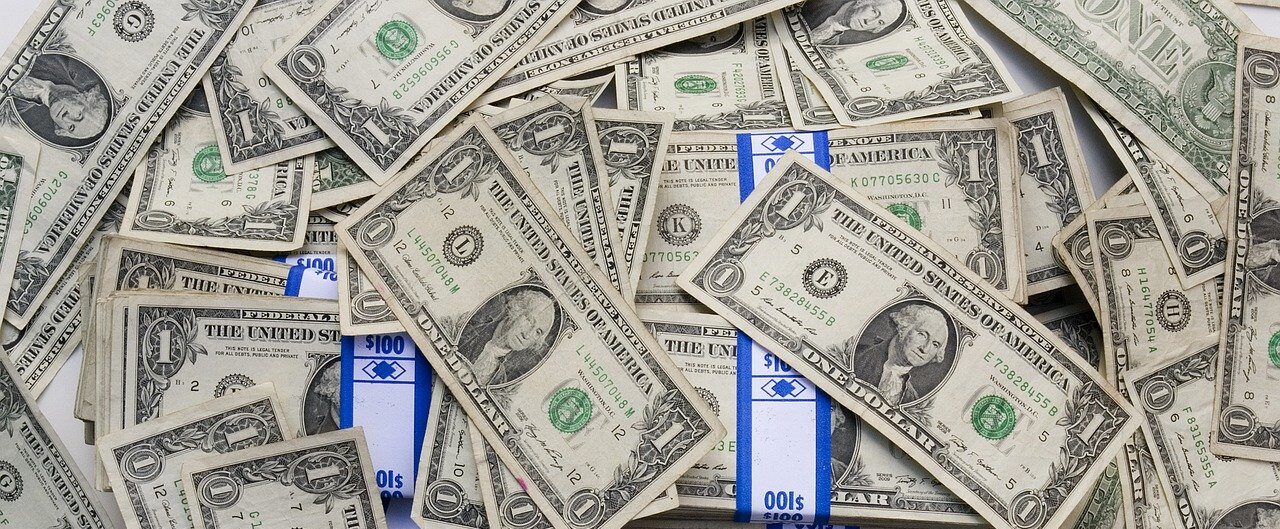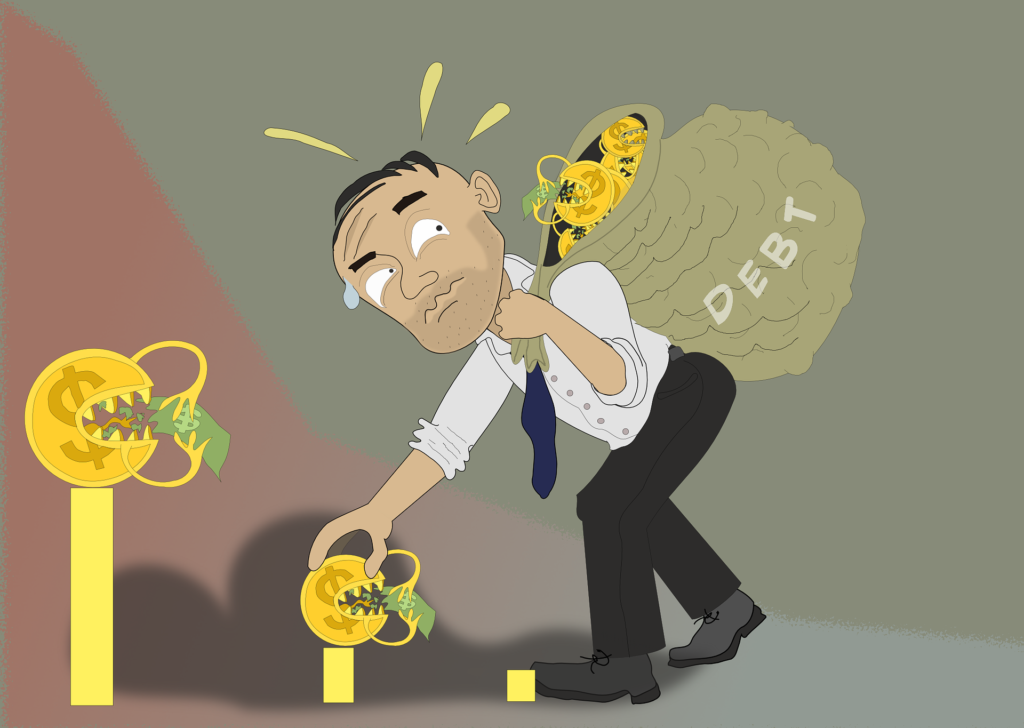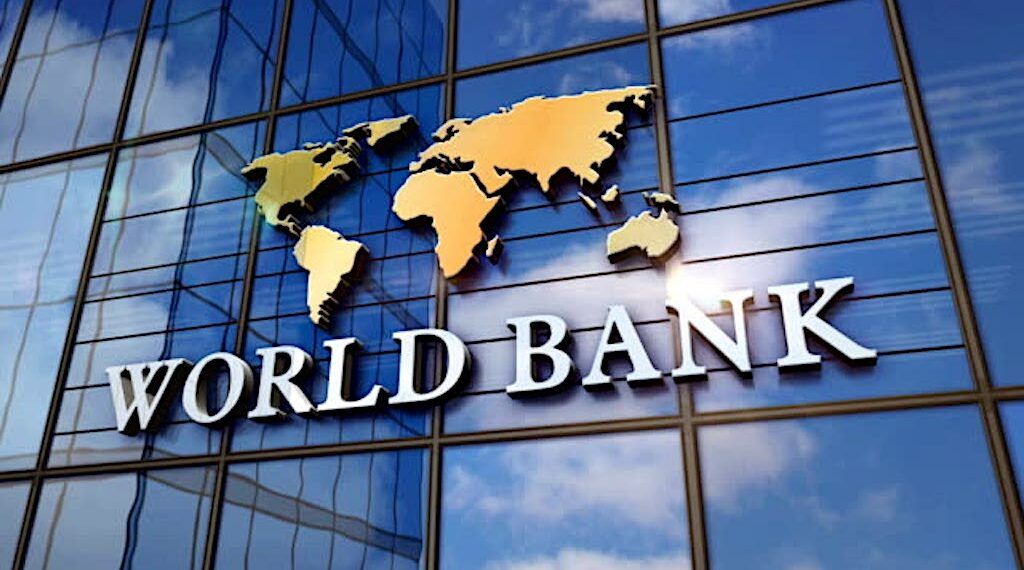The European Union (EU) and the World Bank Group (WBG) have allocated over $14 billion in finances to Egypt amid the country’s challenging economic situation over the past two years, separate statements showed.
EU aid
The EU announced a €7.4 billion ($8.1 billion) aid package to support Egypt’s economy, stabilize the conflicted region, and mitigate potential migration crises in Europe, particularly stemming from tensions in Gaza and Sudan.
This aid is part of the three-year EU-Egypt strategic partnership, including €5 billion in soft loans for economic reforms, €1.8 billion to support private sector investments, and €600 million in grants, including €200 million for migration management.
During the Egypt-EU Summit, a comprehensive partnership was launched, focusing on political relations, economic stability, investments and trade, migration, security, people, and skills, elevating EU-Egypt relations to a “strategic partnership.”
President of the European Commission, Ursula von der Leyen, emphasized the importance of the partnership, particularly in promoting stability and prosperity in Egypt’s troubled neighborhood.
Under the trade and investment pillar, support will be provided for renewable energy, digitalization, agriculture, and water management, with plans for the EU-Egypt Investment Conference later this year.
World Bank support
Meanwhile, the WBG announced $6 billion in financing for Egypt over three years to support the country’s economic recovery and long-term growth, according to a statement released Tuesday. Some $3 billion will be disbursed to the government annually, while an additional $3 billion will be mobilized for the private sector in collaboration with industry players, the World Bank’s Country Director for Egypt, Yemen, and Djibouti, Stephane Guimbert, told Ahram Online.
This financing aligns with the WBG’s Country Partnership Framework with Egypt (2023-2027), focusing on private sector participation, governance of state-owned enterprises, public resource management, and structural reforms to enhance economic competitiveness, build macroeconomic resilience, and support the green transition.
A Development Policy Financing (DPF) program is being discussed to support structural reforms, including improving the business environment and unleashing private sector growth.
Overall, these financial packages aim to address Egypt’s economic challenges and facilitate its path to sustainable growth and development.
Egypt’s economy
Earlier this month, the Cental Bank of Egypt raised its key policy rate by 6%, along with the devaluation of the Egyptian pound to a record low, resulting in an agreement with the IMF to increase the initial loan package of $3 billion to $8 billion.







